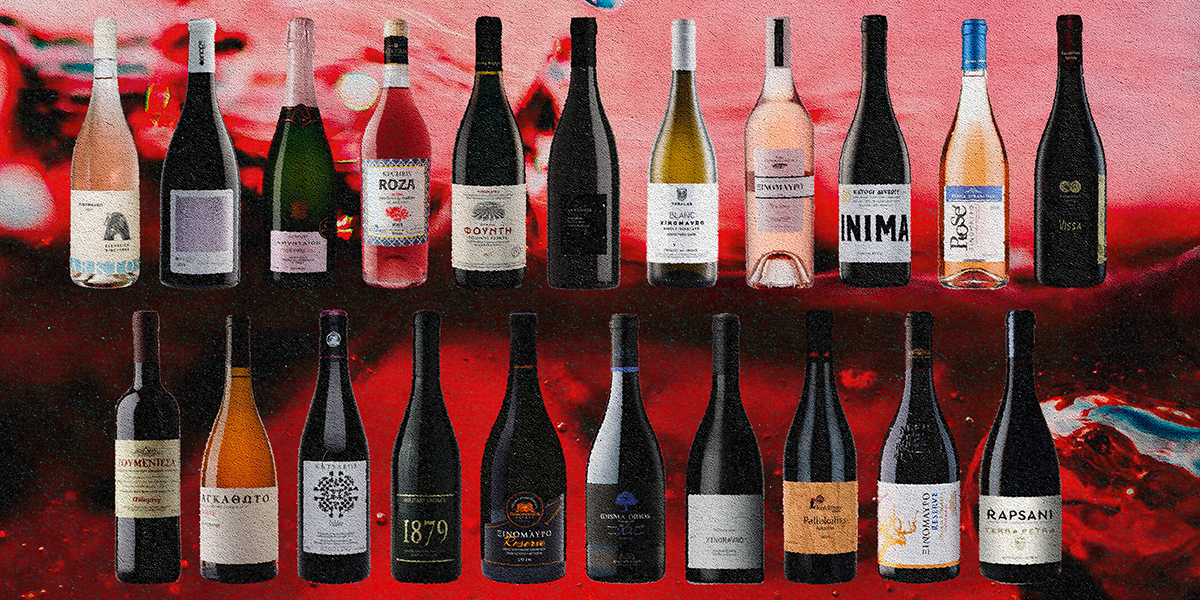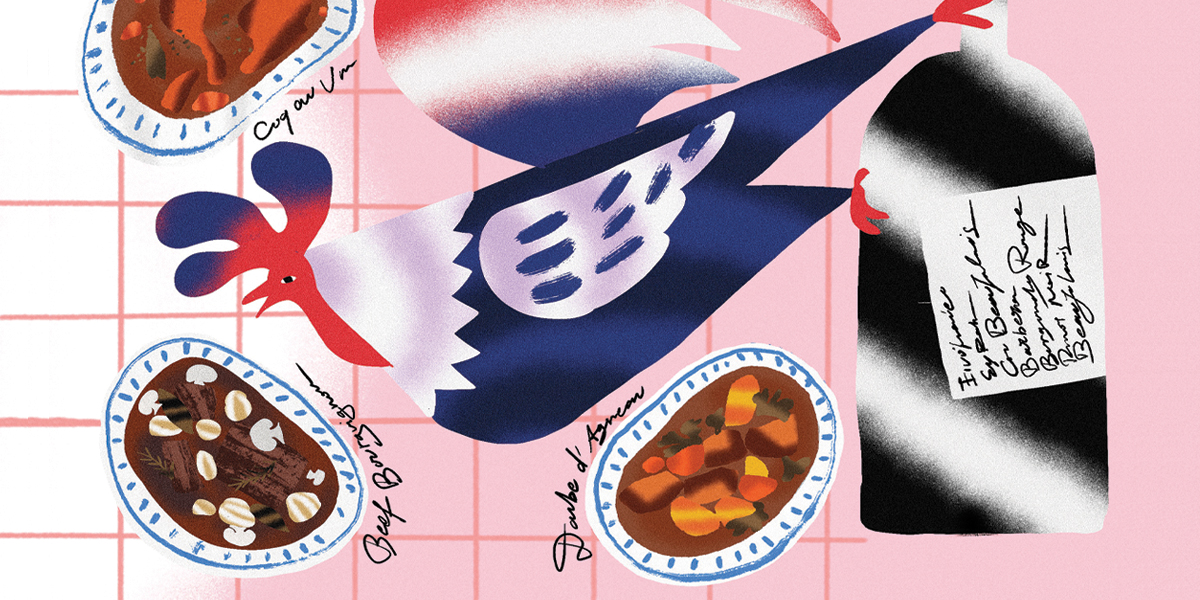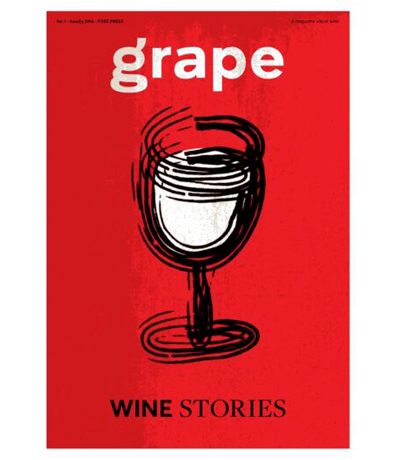

It was a glass of Assyrtiko from Santorini that first caught Kamal Kouiri’s attention, making him realize that Greece wasn’t only about sea, sun, and fun on the beach. Almost 20 years later, in his current position as wine director at Molyvos, an upscale Greek restaurant in midtown New York, Kouiri has become a true ambassador of Greek wine.
Kouiri may not remember the name of that first wine, but the freshness, acidity and minerality so characteristic of Santorini Assyrtiko made such an impression that he decided to start digging deeper into the complex world of indigenous Greek varieties. For the past 20 years, he has kept a close eye on the revolution taking place in the Greek wine world, so that today he can offer more than 750 selections to diners who come to the restaurant eager to try all his latest discoveries. “Everybody associates Greece with wonderful weather and beautiful beaches,” Kouiri says. “Of course it has those, but when I started travelling inland, I discovered a whole new world. Going through regions such as the Peloponnese, Epirus, and Thessaly, and visiting areas like Naoussa, I discovered a mosaic of vineyards and of different terroirs, and I saw a passion in those people. For me, the only thing lacking back then was stability in the wines, but Greek winemakers have come a long way, investing in the vineyard and in technology. The philosophy was there, and the materials have been there for thousands of years.”
So, are people beginning to ask for Greek wine?
Two years ago, I conducted an interesting experiment with the wine list, with 70% Greek wines and the remaining 30% from famous wine regions of the world. Still, 93% of our sales were Greek wines. People saw their value. If you want to buy a bottle of Sancerre, for example, you know it’s going to cost you but, if you can get something similar, a good terroir-driven wine with good acidity for 30% less, why not go for it? I want to showcase as much wine as I can so people will understand that Greece can do a lot more than one or two wines. In our restaurant, we offer 60 choices by the glass, presenting all appellations by the glass. Our list is now 100% Greek wines.
Do non-Greek restaurants in New York ever include Greek wines in their lists?
Of course they do, with Santorini Assyrtiko being the most popular. You can also find a little bit of Xinomavro [a red variety from northern Greece] and also Robola [Cephalonia’s white variety]. It makes sense to have those wines on the list, they relate to the terroir. Having said that, Santorini Assyrtiko is still leading the game and will continue to do so.
For which variety should we be keeping an eye out?
The grape I’m excited about is Vidiano. It will be the grape we’ll be talking about in the future. It’s the grape of Crete, and has a great Cinderella story. I really enjoy Vidiano; it gives you different dimensions at different stages of the wine. I’ve tried different styles and I love it.
Do you think there’s a trend towards natural wines in Greece right now?
There are some amazing natural wines in Greece. What I always say is that it’s possible they were making natural wines in Greece before anybody else did, without even knowing that they were making them. This is actually my objective this year, to understand the “natural wine” state of mind in Greece. There are some amazing producers, including Tatsis in Goumenissa, Sclavos in Cephalonia and Karatzas in Drama.
If you had one piece of advice for Greek winemakers, what would that be?
Be yourselves in your terroir, don’t try to be somebody else. You need to be yourselves, don’t be copycats, be true to your tradition, to your terroir and to your heritage, and then we will have a greater diversity of wines. You need to protect your identity.
What to do you think are the weaknesses of Greece as a wine-producing country?
Marketing has always been the Achilles’ heel for Greece. Good marketing is what has always been missing. Another problem is the production of low-quality, cheap bulk wine. Once, I had a guest who had just come back from Greece, where he had only been served large carafes of bad-quality bulk wine. I offered him a bottle of Greek wine and he couldn’t believe it was Greek. I said to him, “It’s your fault; you should have asked for a bottle of wine.” It does happen in Greece that you lose track; you’re having a good time on the beach, and you don’t think about asking for good wine. But that’s a pity. There are so many beautiful tavernas serving excellent food in magical spots, but they need to sell good-quality wine, too. People should start asking for it.
Where do you see Greek wine ten years from now?
I think it will continue to get bigger, and I believe there are two main reasons for this. Firstly, Greek wines are good value for money. These are unique wines, from varieties that can’t be found anywhere else in the world. Production is still small, so I think a good marketing strategy, targeting the right people, will help Greek wine grow. Secondly, the Mediterranean diet is becoming more and more popular. This will help Greek products in general and Greek wines in particular. There’s a trend for Mediterranean restaurants because people are looking for seafood and fresh vegetables, and this is what Greece is all about. And Greek wines pair perfectly with this cuisine. You can put 10 dishes on the table and one wine that pairs with all of them; this is the wonder of Greek cuisine! g
Με την εγγραφή σας στη λίστα των παραληπτών θα λαμβάνετε το newsletter του grape!





Με την εγγραφή σας στη λίστα των παραληπτών θα λαμβάνετε το newsletter του grape!